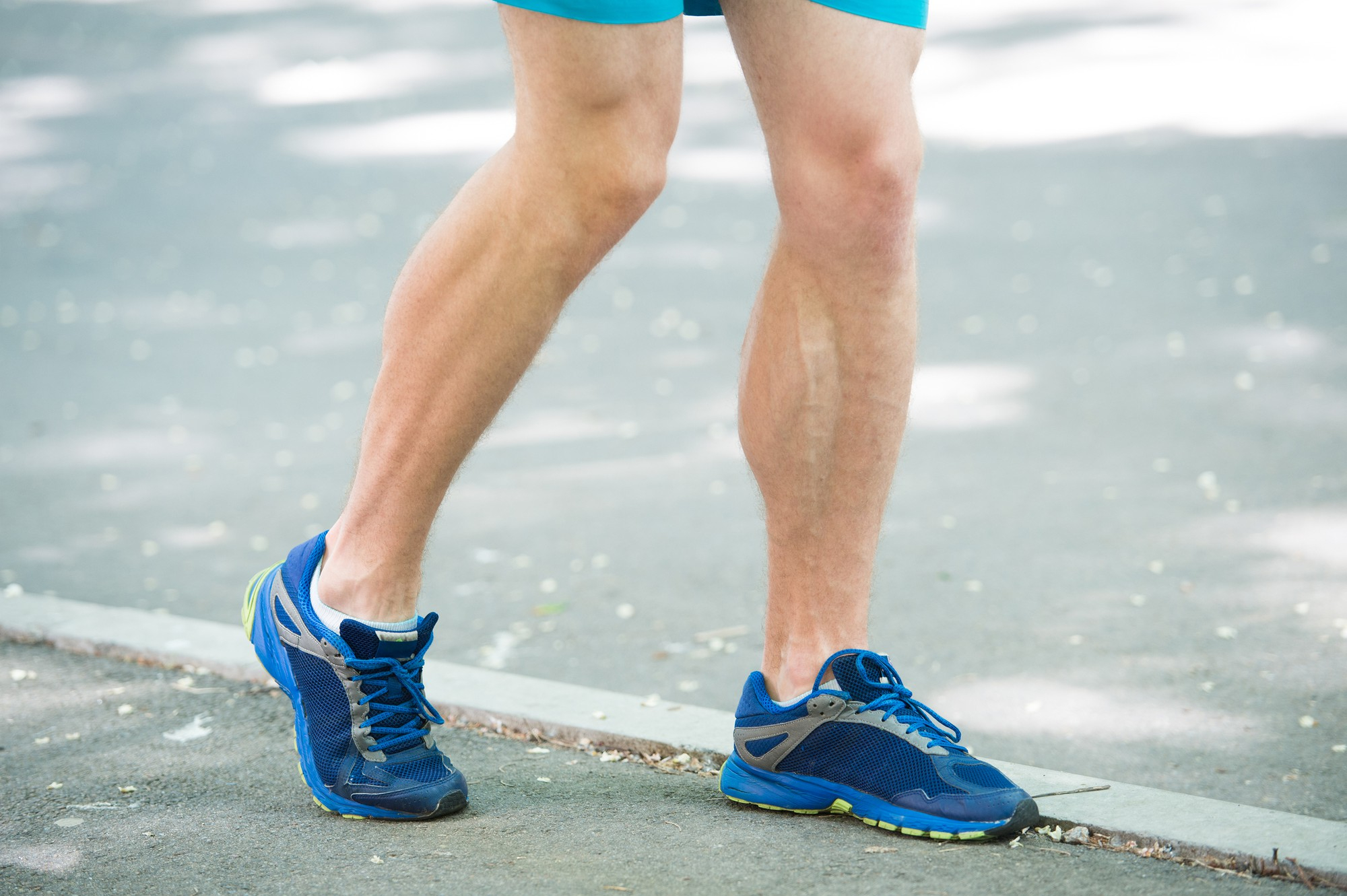
Venous ulcers cause more than 80% of all open sores on the lower legs. Once a venous ulcer develops, you need prompt medical care, because they’re difficult to heal and they progressively enlarge. Mark Matey, DPM, at Jacksonville Vein Specialists provides exceptional wound care and treats the underlying vein problem. To schedule an appointment, use the online booking feature or call one of the three offices, with two locations in Jacksonville and one in Palm Coast, Florida.
request an appointmentWhat is a venous ulcer?
A venous ulcer is an open sore on your lower leg that’s caused by an underlying vein problem. Venous ulcers are slow to heal, and they progressively worsen, turning into severe wounds that are painful and debilitating. For many patients, venous ulcers become a recurring problem.
What causes venous ulcers?
Venous ulcers are caused by chronic venous insufficiency, a problem that develops in leg veins as they return blood to your heart. Venous insufficiency develops when one-way valves in the vein malfunction.
Valves open to let blood go up the vein and close to stop it from going back down. Venous insufficiency develops when a weak or damaged valve allows blood to flow backward and accumulate in the vein.
The high venous pressure and buildup of fluids in your lower leg lead to tissue damage and a breakdown in your skin that becomes a venous ulcer. Without treatment, the wound continues to enlarge.
What symptoms develop due to a venous ulcer?
Venous ulcers usually occur around your ankle. Before an ulcer develops, you may have symptoms such as leg swelling, reddish-brown skin discoloration, and itchy skin. When the ulcer first appears, it may look like a small, shallow, red area, and the surrounding skin may be shiny or warm. Before long, the area turns into an open sore that gets progressively larger.
How are venous ulcers treated?
Dr. Matey customizes each patient’s treatment plan, taking steps to heal the underlying vein conditions, as well as the venous ulcer. Diligent wound care is essential for the ulcer to heal and to prevent complications, such as skin and bone infections.
Treatment for a venous ulcer includes:
Elevating your leg
Dr. Matey recommends the number of times and the length of time you’ll need to elevate your leg during the day. This helps reduce pressure in the vein.
Compression
Compression therapy improves circulation and reduces swelling. You may need to compress the area with an elastic bandage until the ulcer heals and swelling goes down. Then you’ll wear compression stockings.
Wound care
Dr. Matey cleans the wound, then applies a dressing that’s specially made to promote ulcer healing. For example, some dressings are made to maintain a moist environment, while others contain medications, such as zinc oxide.
At the earliest sign of a venous ulcer, call Jacksonville Vein Specialists or book an appointment online for prompt treatment.
